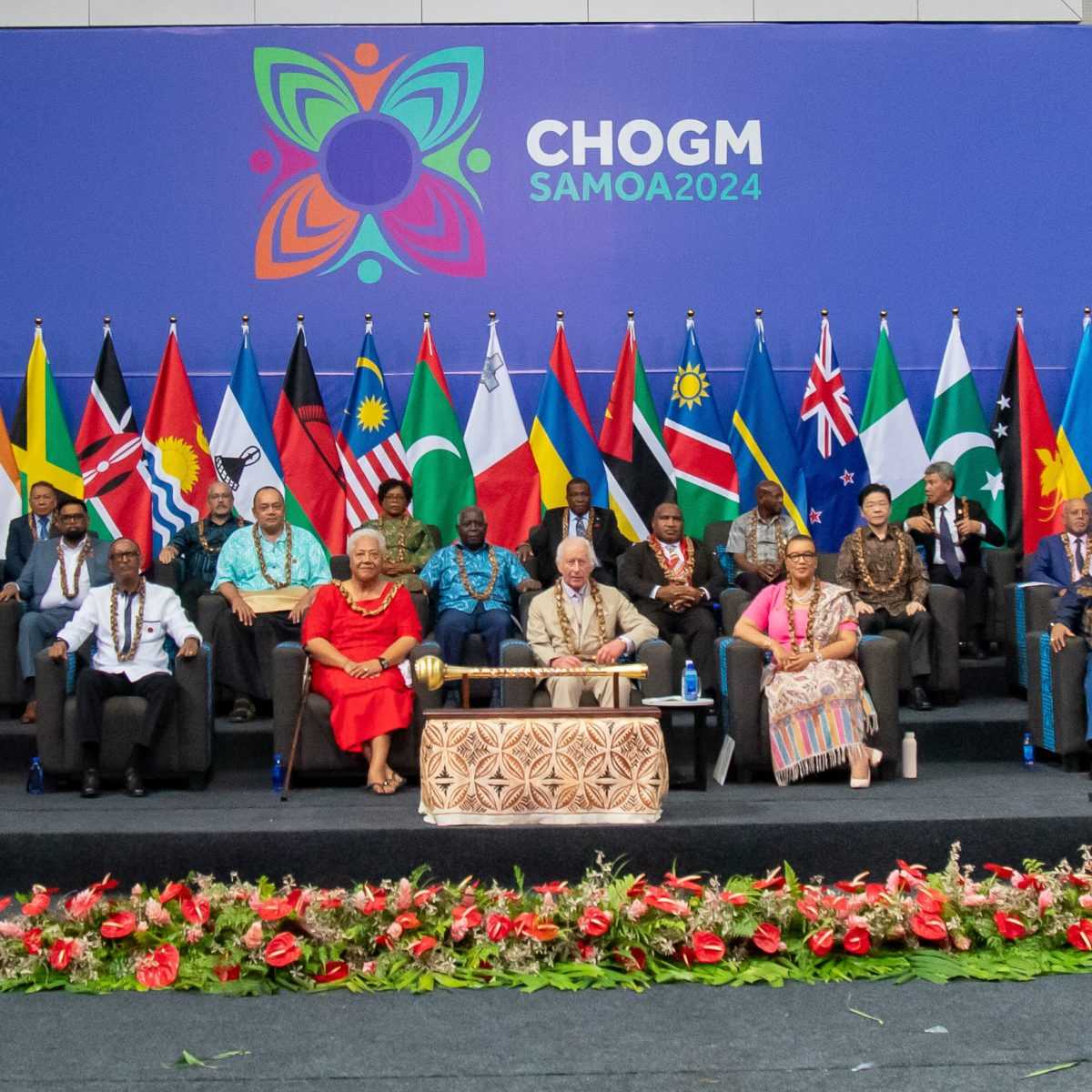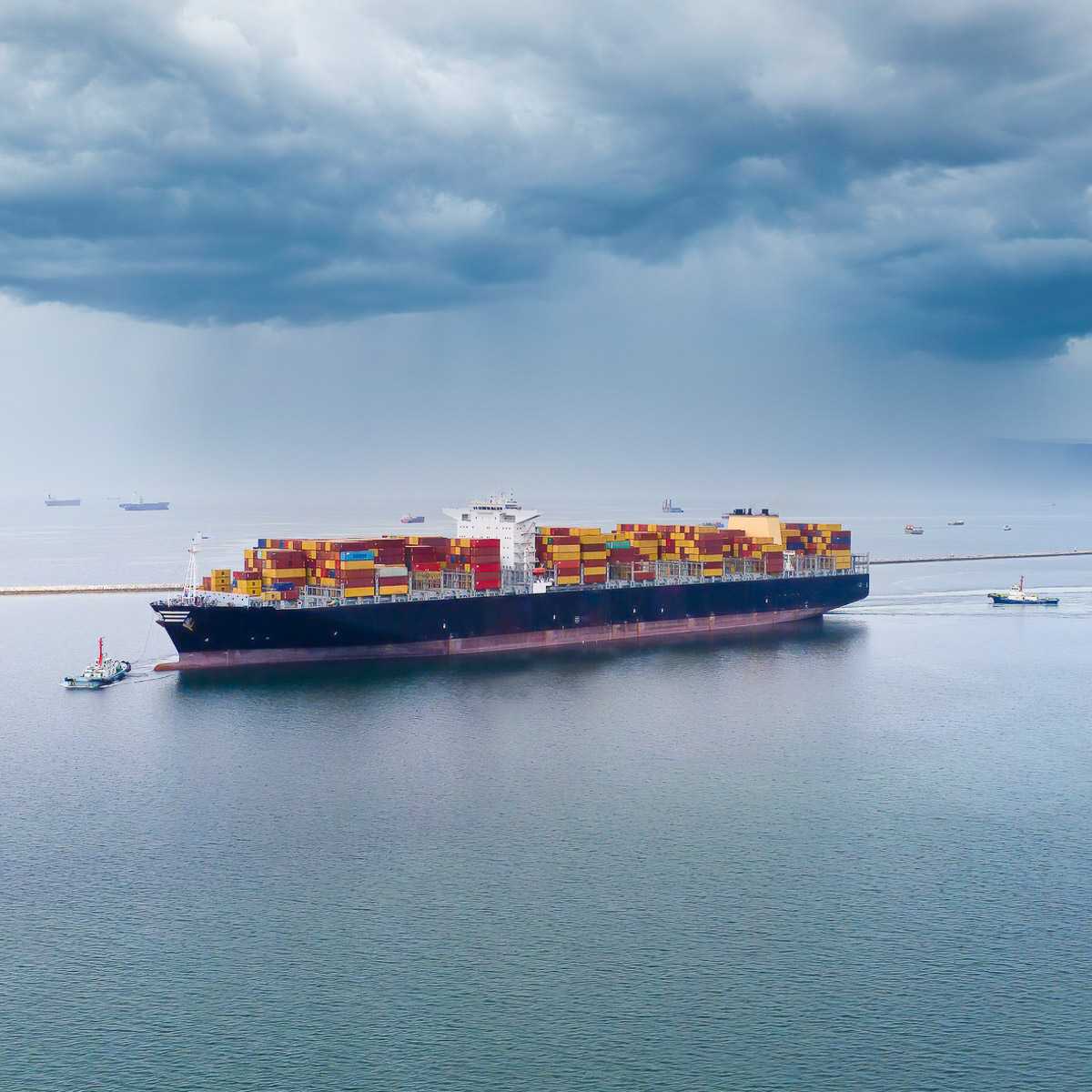

Climate change, resilience and ocean protection topped this year’s agenda at the Commonwealth Heads of Government Meeting (CHOGM) held at the end of October in Samoa. It was a moment of national pride for Samoa, an island that had kept itself busy over the last few months preparing its infrastructure for the visit, which seemed to go off smoothly to those watching. And many were watching as it was the first time a Pacific Island has hosted the CHOGM.
Now that it’s over and the dignitaries have left, it’s worth thinking about what was achieved and what will happen next. There’s always a lot of talk at these meetings, but how much concrete action and positive change actually happens as a result?
Climate Finance Commitment: Securing the Pacific’s Future
Much of the discussion at the leaders’ retreat focused on the technicalities of climate markets and financing. New Zealand announced US$12M in funding for the Pacific Resilience Facility, a fund aimed at encouraging public and private sector investment in community projects, so that Pacific Island nations would have access to climate finance. That sum adding to the substantial previously announced US$50.4M from Saudi Arabia US$66M from Australia and US$25.2M from the United States, edging the total closer to the target of US$300M.
With sea levels rising and 49 of the 56 commonwealth nations having ocean borders, it was no surprise that oceans were a hot topic too. And a topic that’s going to continue to top agendas at meetings like CHOGM, with oceans being fundamental to helping reduce global greenhouse gas emissions and stabilizing the Earth’s climate. The forum delivered a much-anticipated Oceans communique, the Apia Commonwealth Ocean Declaration for One Resilient Common Future, which calls on all Commonwealth nations to protect and restore the ocean in the face of severe climate change, pollution and impacts related to over-exploitation. However, one significant omission to the declaration was the failure to mention deep-sea mining, a practice common in the Pacific with its mineral rich ocean beds. It was also a slightly excruciating moment for New Zealand whose navy vessel HMNZS Manawanui ran aground on the reef off the Samoan coast just three weeks before the summit, catching fire and leaking an estimated 200,000 liters of diesel into the sea miles away from where the declaration was signed.
Climate was mentioned a lot. Nearly 40 times in the post event leaders’ statement. COP also came up. Most countries in attendance will represent in Baku later this month, with the exception of Papua New Guinea, which announced at the Samoa meeting that it would boycott the event because it is a “total waste of time.” On a more positive note, Australia won support from the rest of the CHOGM for a joint Australia-Pacific Island Countries bid to host COP31 in 2026, which will bring climate and oceans and more hard conversations about immediate action to the front door of the Pacific.
Other Divisive Issues and a Leadership Transition
Another divisive issue was fossil fuels, with several countries, including Tuvalu, Fiji and Vanuatu, using the event to launch the latest Fossil Fuel Non-Proliferation Treaty Initiative report, while other countries have economies who remain reliant on fossil fuel extractive industries.
Slavery reparations also made the headlines. A contentious topic and one that is going to be discussed as part of a separate forum taking place next year, with the UK due to enter discussions with Caribbean nations, although apparently not with a view to providing monetary damages for historic acts.
The meeting also announced the selection of Ghana’s Minister for Foreign Affairs and Regional Integration Shirley Ayorkor Botchwey as the incoming secretary-general (SG) of the Commonwealth, taking the helm from the current SG, Baroness Patricia Scotland KC. This was seen as a good endorsement of female leadership among member countries where women are often underrepresented at national levels.
Looking Ahead to CHOGM 2026
So, there were some tangible outcomes from discussions in Samoa. But, undoubtably, a lot of talk too. The next CHOGM meeting will again be an island affair, taking place in Antigua and Barbuda in 2026, which will be the smallest country to host the gathering. Once again, the main topics for discussion at the meeting will be the unique challenges and opportunities faced by Small Island Developing States (SIDS), with a particular focus on climate change, international trade and economic innovation.
Alongside the main summit Antigua and Barbuda will also host several side events that will unite youth, women, business leaders and civil society.
Photo: CHOGM 2024
Related Articles
The CCO’s New Mandate: Reputation in the Age of AI
February 25, 2026


